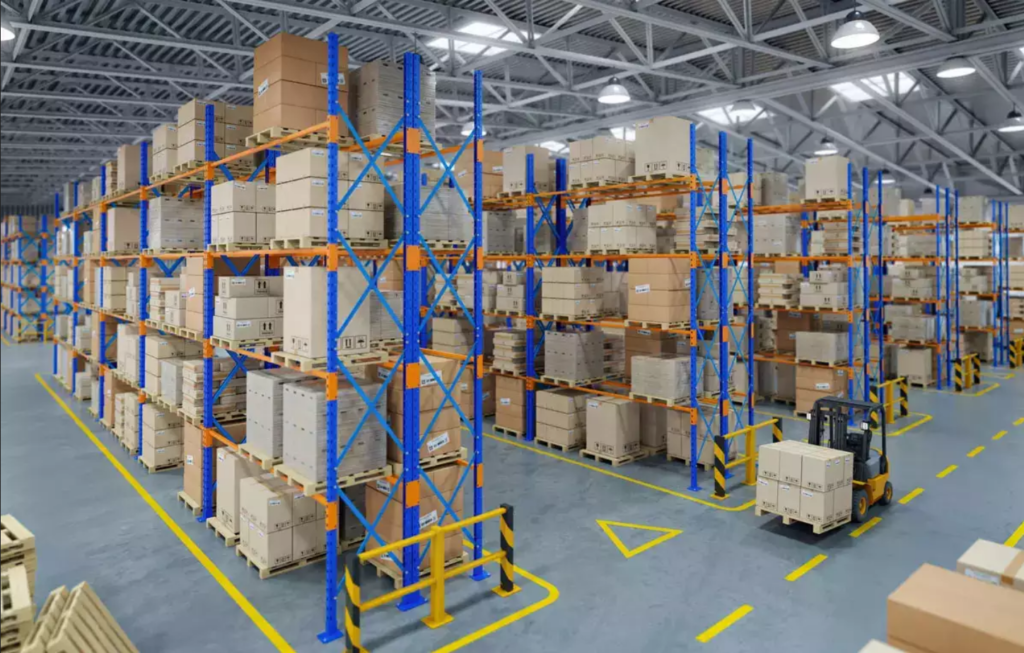
Cabinet approves National Logistics Policy, two other schemes
On Wednesday, the Union Cabinet, led by Prime Minister Narendra Modi, granted approval to the National Logistics Policy, a proposal introduced by PM Modi last week. The primary objective of this policy is to diminish transportation expenses and facilitate the smooth flow of goods within the nation. Alongside this development, the Cabinet sanctioned a production-linked incentive (PLI) scheme focused on the ‘national program on high efficiency solar PV modules’ and alterations in the Program for the development of the semiconductor and display manufacturing ecosystem.
### National Logistics Policy
On Wednesday, the Cabinet endorsed the National Logistics Policy, designed to reduce transportation costs by encouraging seamless movement of goods throughout the country.

This policy outlines a comprehensive, interdisciplinary, cross-sectoral, multi-jurisdictional framework for the logistics sector. Its goals include enhancing efficiency in logistics services, refining regulatory frameworks, skill development, integrating logistics into higher education, and adopting appropriate technologies.
The policy sets ambitious targets to align India’s logistics costs with global benchmarks by 2030, improve the Logistics Performance Index ranking to be among the top 25 countries by 2030, and establish a data-driven decision support mechanism for an efficient logistics ecosystem.

### PLI Scheme on ‘High Efficiency Solar PV Modules’
The Cabinet also greenlit a Rs 19,500-crore production-linked incentive (PLI) scheme for the ‘national program on high efficiency solar PV modules,’ aiming to attract an investment of Rs 94,000 crore in the sector.
This program seeks to create an ecosystem for manufacturing high-efficiency solar PV modules in India, thereby reducing dependence on imports in the renewable energy sector. The PLI scheme aligns with the government’s Atmanirbhar Bharat initiative and is anticipated to generate employment opportunities.

Under the PLI scheme, solar PV manufacturers will be selected transparently, and incentives will be disbursed for five years post-commissioning of solar PV manufacturing plants based on sales of high-efficiency solar PV modules in the domestic market. The government projects an annual manufacturing capacity of about 65,000 MW and estimates direct and indirect employment of approximately 1,95,000 and 7,80,000 people, respectively, in the solar PV sector.
### Modifications in the Scheme for Semiconductors
Additionally, the Cabinet approved modifications in the scheme for the development of the semiconductor and display manufacturing ecosystem.
The government will offer fiscal support, covering 50% of the project cost, for all technology nodes to establish Semiconductor Fabs in the country. Similar support will be provided for setting up Display Fabs. Additionally, a 50% fiscal support for capital expenditure will be extended for the establishment of Compound Semiconductors/Silicon Photonics/Sensors Fab and Semiconductor ATMP/OSAT facilities. The target technologies under this scheme will include Discrete Semiconductor Fabs.